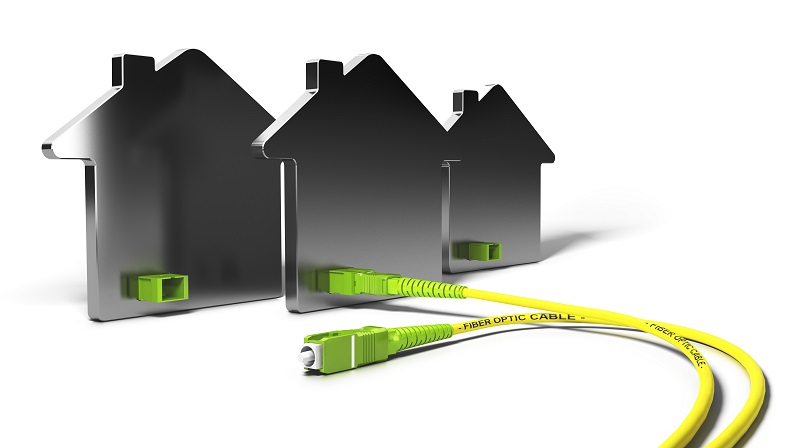
Fiber Internet connectivity offers numerous advantages over copper Internet connectivity, especially when it comes to reliability. One of the main advantages is that fiber is much stronger than copper, which makes it much more resistant to damage from external factors such as inclement weather conditions.
Unlike copper cabling, which is susceptible to damage from lightning strikes, high winds, and other weather events, fiber-optic Internet is not affected by these factors. This means that fiber-optic Internet can continue to function even during severe weather conditions, providing uninterrupted connectivity to users.
Moreover, fiber-optic cables are less prone to interference from other electrical equipment, which can disrupt data transmission via copper cables. Fiber-optic cables use light to transmit data, and this makes them immune to electromagnetic interference from other electrical devices.
Another advantage of fiber-optic Internet is that it offers higher bandwidth and faster data transfer speeds compared to copper cabling. This means that users can enjoy faster downloads and uploads, smoother streaming, and better overall internet performance. Finally, fiber-optic Internet is more secure than copper cabling, as it is more difficult to tap into fiber-optic cables without being detected. This makes it a safer choice for businesses and organizations that need to protect sensitive data from hackers and cybercriminals.
In summary, fiber Internet connectivity offers significant reliability advantages over copper Internet connectivity due to its strength, resistance to inclement weather conditions, immunity to electromagnetic interference, higher bandwidth and faster data transfer speeds, and enhanced security.
